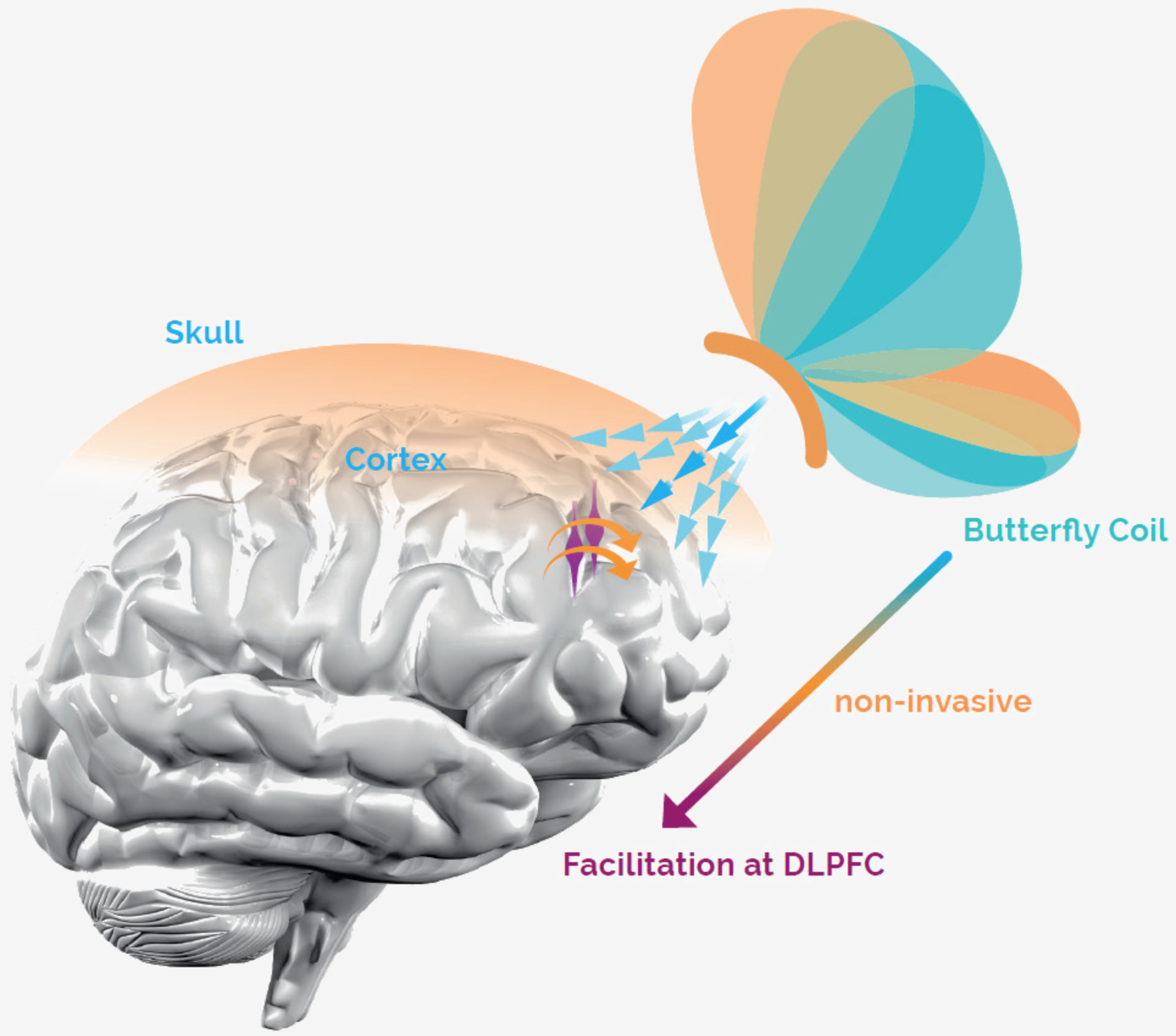Research Mission
The Neuromodulation of Emotion (NEMO) research group is an interdisciplinary team of clinician scientists working together to understand emotions and improve the treatment of stress-related mental disorders characterized by a lack of emotional equilibrium, such as major depression, schizophrenia and borderline personality disorder. Deciphering the pathophysiological substrates of these disorders and developing personalized neuromodulatory treatments targeting these substrates are therefore of tremendous importance to our research program. Currently, we are particularly interested in exploring the social (e.g. loneliness) and environmental (e.g. climate change) determinants of mental health and translating the findings into innovative clinical treatments, including non-invasive neuromodulation with accelerated theta burst stimulation (TBS) and AI-based digital aftercare. Another promising target for clinical translation is the peptide hormone oxytocin, which can alleviate loneliness and anxiety through its neuromodulatory effects in various brain regions, including the amygdala. By conducting clinical trials in patients and preclinical studies in healthy volunteers, our team combines translational research strategies and integrates key findings from multiple methodological sources, including behavioral neuroscience, functional neuroimaging and brain stimulation. The overarching goal is to promote patient-centered precision psychiatry, which aims to increase the efficacy of therapeutic interventions and reduce adverse effects by taking into account the individual characteristics of each patient. Given below are some examples of our research:
(i) Characterizing the role of oxytocin signaling in loneliness
(ii) Modulating the neurocircuitry of major depression with accelerated theta-burst stimulation (TBS)
(iii) Developing AI-based digital technology for aftercare









